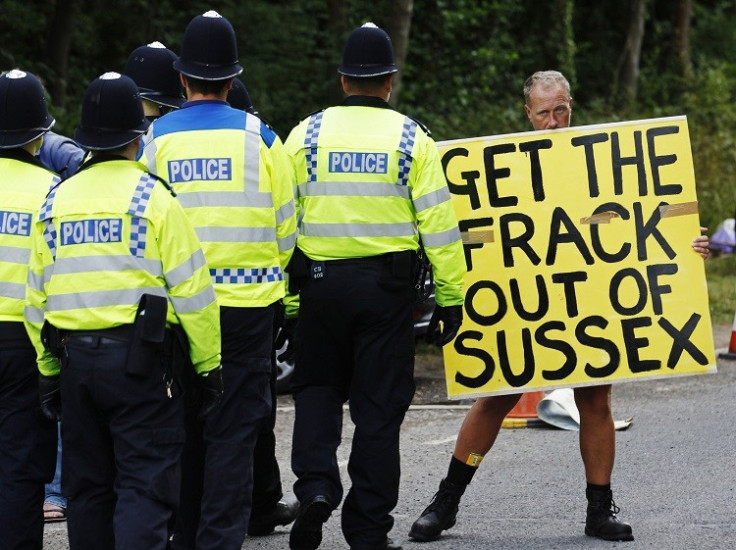France's Total to Invest £29m in UK Shale Gas Industry

Total is investing £29m into the infant British shale gas industry after confirming that it has acquired a 40% stake in two shale gas exploration licences in the United Kingdom with a partner Dart Energy.
Total is the first major energy company to back shale gas exploration in Britain and to tap into the trillions of cubic feet of this unconventional energy that is present in the north of England.
The shale gas industry in the UK is tipped to create around 30,000 jobs, not just short-term contracts, but long-term placements that could enable people and communities to develop.
Furthermore, British Geographical Survey confirmed in a report that there is as much as 1.3 trillion cubic feet of shale gas lying under Yorkshire and Lancashire alone.
If Britain can extract 10% of these estimated reserves, it could supply the entire country for almost 50 years, and relinquish the stronghold that importers have on the UK.
However, the UK has faced strong opposition from environmentalists over the process used to extract shale gas.
Fracking involves drilling holes deep into the ground which then uses high-pressure liquid to fracture shale rocks to release gas trapped inside. Environmentalists have criticised the effect the method would have on the surrounding areas and have claimed it could have dire effects over the public's health.
However, the British government's health agency has revealed that the risks to public health from exposure to fracking emissions are low despite general fears surrounding the impact of shale gas extraction.
According to the results of a review by Public Health England (PHE), any health impacts are likely to be minimal, if operations are properly run and regulated.
"The currently available evidence indicates that the potential risks to public health from exposure to emissions associated with the shale gas extraction process are low if operations are properly run and regulated," said John Harrison, director of PHE's centre for radiation, chemical and environmental hazards.
"Good well construction and maintenance is essential to reduce the risks of ground water contamination."
© Copyright IBTimes 2024. All rights reserved.






